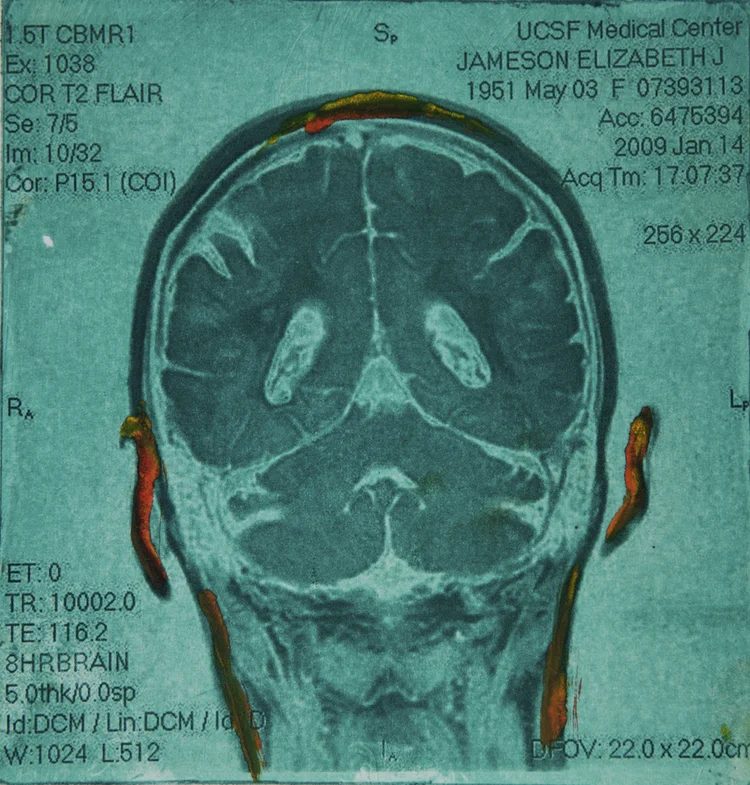Yoel and Mickey welcome Clay Routledge to the show. Clay is a professor of psychology at North Dakota State University who studies the cognitive and motivational consequences of the search for meaning, including religion and other supernatural beliefs. Clay talks about his childhood growing up as the child of missionaries in Africa and the U.S., what it's like to be outside the liberal mainstream in psychology, and how religion and belief in alien visitors may be connected.
Viewing entries tagged
politics
In episode 3, titled WTF is the IDW, Yoel and Mickey take a deep dive into the so-called Intellectual Dark Web (IDW). What is the IDW and who are the prominent members of this group? Why do members of the IDW seem so cranky? Are members of the IDW actually being silenced, and given their massive popularity, who is silencing them? Is the IDW a positive and new development in our culture? Should the members of the IDW be concerned about some of their fans and followers? Bonus: Why did Yoel decide to have us drink the champagne of beers?
In episode 2, titled You're not wrong Walter, you're just an a$$hole, Yoel and Michael tackle problems of tone and incivility in online discussions of the scientific literature. What constitutes bullying and is the term abused to derail legitimate criticism? What is an ad hominem attack and when is it a fallacy? Finally, who's our favorite member of the Black Goat podcast?
In episode 1, titled In Search of the Campus Free Speech Crisis, Yoel and I tackle the alleged free speech crisis on campus. Is there reason to worry or are reports of left-wing intolerance overblown? We take a closer look and talk about what we do and don't feel comfortable saying on campus. We also address who we are we and why are we doing this.
Filter By Keyword
- neuroscience
- self-control
- emotion
- motivation
- ego depletion
- cognitive control
- ERN
- effort
- anterior cingulate cortex
- prejudice
- empathy
- stigma
- meaning
- stereotype threat
- replication
- experience sampling
- self-regulation
- uncertainty
- decision making
- meta science
- religion
- cognitive dissonance
- education
- fatigue
- morality
- acceptance
- prosociality
- mindfulness
- political psychology
- emotion regulation
Latest Tweets
News
Learning to play a musical instrument is hard. So is trying to run a marathon, writing a term paper, and caring for a sick child. These things involve frustration, pain, and disappointment — yet we do them anyway. In part two of Hidden Brain’s look at the allure of suffering, psychologist Michael Inzlicht explains what we get from doing things that are difficult, and why the things we think will make us happy often do not.
Listen Here
Can I Have Your Attention, Please? A U of T Scarborough psychology professor explores why we’re more distracted than ever – and proposes a path to deeper engagement and lasting satisfaction.
Collaborators
- Joshua Aronson, New York University
- Avi Ben-Zeev, San Francisco State University
- Elliot Berkman, University of Oregon
- Kirk Brown, Virginia Commonwealth University
- Daryl Cameron, Penn State University
- Belle Derks, Utrecht University
- Jennifer Gutsell, Brandeis University
- Greg Hajcak, Florida State University
- Eddie Harmon-Jones, University of New South Wales
- Jacob Hirsh, University of Toronto
- Cendri Hutcherson, University of Toronto
- Sonia Kang, University of Toronto
- Michael Larson, Brigham Young University
- Lisa Legault, Clarkson University
- Ian McGregor, University of Waterloo
- Marina Milyavskaya, Carleton University
- Sukhvinder Obhi, McMaster University
- Liz Page-Gould, University of Toronto
- Travis Proulx, Cardiff University
- Blair Saunders, University of Dundee
- Brandon Schmeichel, Texas A&M University
- Zindel Segal, University of Toronto
- Alexa Tullett, University of Alabama
University of Toronto
Organizations
- Association for Psychological Science
- Canadian Psychological Association
- Canada Foundation for Innovation
- International Social Cognition Network
- International Society for Research on Emotion
- National Academy of Education
- Natural Sciences and Engineering Research Council of Canada
- Social and Affective Neuroscience Society
- Social Psychology Network
- Social Sciences and Humanities Research Council
- Society for Personality and Social Psychology
- Society for Psychophysiological Research
- Spencer Foundation


A new study has warned that without intervention, ADHD education could cause many young people to wrongly diagnose themselves
Growing awareness and education around ADHD may be leading to false self-diagnoses among young people, a new study has claimed. Researchers from the University of Toronto say that while education is crucial, it may also trigger a mistaken belief that common issues that young adults face, like tiredness and irritability, are the symptoms of ADHD. The study’s lead author, Dasha Sandra, said young people should not be discouraged from seeking help, but believes mental health education needs to be refined to include more context around the symptoms.
Read More